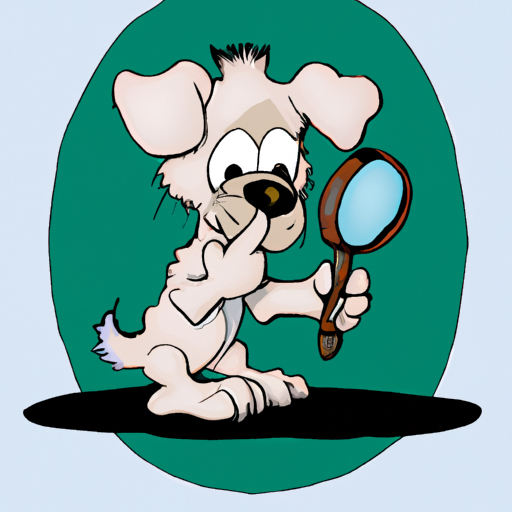As a caregiver for your furry little friend, understanding the timeline of when puppies lose their teeth is crucial. The process is similar to human babies losing their milk teeth and can be just as confusing and messy. So, let’s get into the nitty-gritty of canine dental development.
Understanding Puppy Teething
Just like human infants, puppies too experience a teething phase. During this period, their baby teeth fall out to make room for their permanent, adult teeth. This process usually begins when your puppy is around 3 to 4 months old, but this can vary depending on the breed and overall health of the puppy.
The Stages of Puppy Teething
Here’s a brief breakdown of the stages of puppy teething:
- Birth to 2 weeks: Puppies are born toothless.
- 2 to 4 weeks: Puppy’s deciduous teeth, also known as milk or baby teeth, start to come in.
- 3 to 6 months: Baby teeth begin to fall out, and permanent teeth start to come in.
- 6 to 8 months: Most of the permanent teeth should have erupted by now.
Signs Your Puppy is Teething
During the teething process, your puppy may exhibit some or all of these signs:
- Increased chewing: They may chew on anything and everything they can get their little paws on.
- Drooling: You may notice your puppy drooling more than usual.
- Decreased appetite: Your puppy may lose interest in their food due to the discomfort in their mouth.
- Bleeding gums: Don’t be alarmed if you notice a little blood on your puppy’s toys. This is a normal part of the teething process.
How to Help Your Teething Puppy
There are several ways to help your puppy cope with the discomfort of teething:
- Provide chew toys: Chew toys designed for teething puppies can provide a safe outlet for your puppy’s urge to chew.
- Use puppy teething gels: These gels can be applied to your puppy’s gums to help numb the pain.
- Feed them soft food: Soft food can be easier for your teething puppy to eat.
- Schedule regular vet check-ups: Regular check-ups will help ensure your puppy’s teeth are developing correctly.
Potential Problems and Solutions
Sometimes, teething can lead to some complications:
| Potential Problem | Solution |
|---|---|
| Retained baby teeth | If baby teeth don’t fall out to make way for the permanent teeth, it can lead to dental problems. Your vet may need to extract these teeth. |
| Misaligned teeth | If your puppy’s teeth are crooked or misaligned, they may need orthodontic treatment. |
| Broken teeth | If a tooth is broken, it may need to be extracted or repaired by your vet. |
Importance of Dental Care for Puppies
Just as with humans, dental care is an essential part of your puppy’s overall health. Start brushing your puppy’s teeth at an early age to get them used to the process. Use a toothpaste made specifically for dogs, and a toothbrush designed for puppies.
Frequently Asked Questions
Q: Can teething cause diarrhea in puppies?
A: While teething can cause discomfort and make your puppy feel unwell, it should not cause diarrhea. If your puppy has diarrhea, you should consult your vet as it could be a sign of other health issues.
Q: When should I start brushing my puppy’s teeth?
A: It’s never too early to start dental care for your puppy. You can start brushing their teeth as soon as their baby teeth come in, usually around 2 to 4 weeks of age.
Q: Can puppies choke on their baby teeth?
A: It is rare for a puppy to choke on a baby tooth. Most often, they will swallow the tooth without any issue.
Remember, as a caregiver, your puppy relies on you to guide them through this teething process. Armed with this knowledge, you’ll be able to provide the best possible care for your puppy’s dental health.



